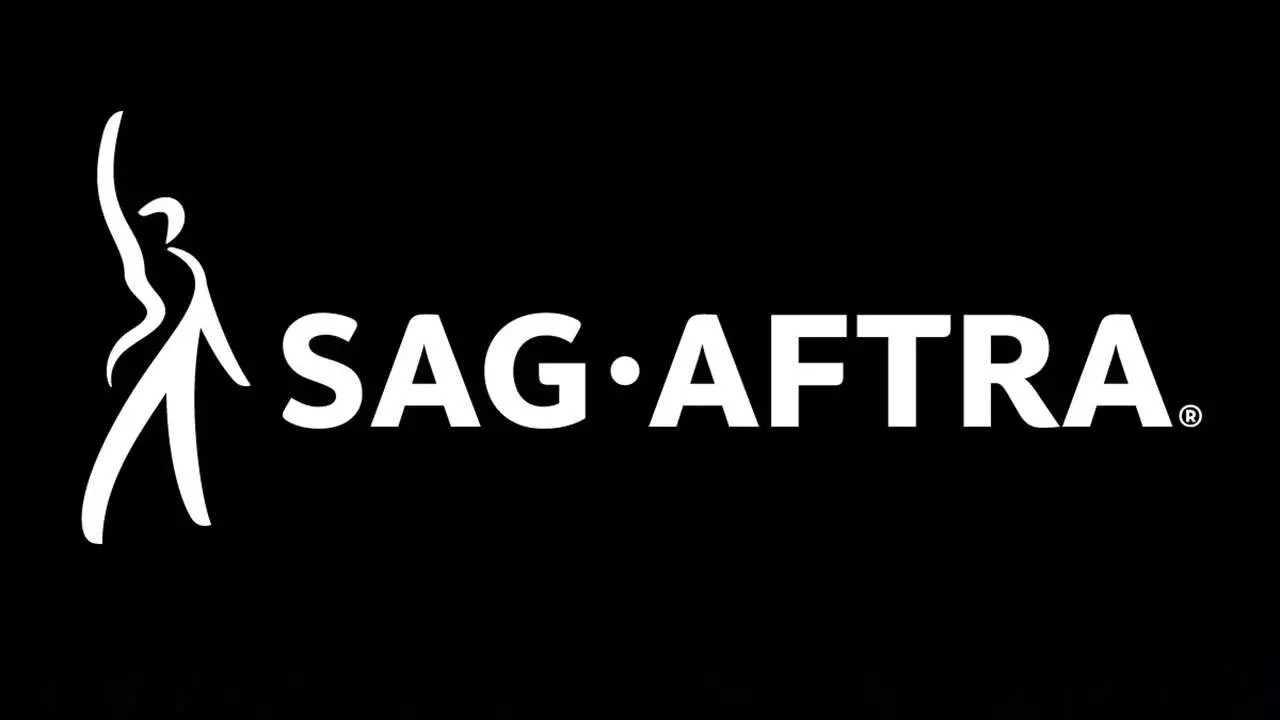In a notable turn of events, the Screen Actors Guild-American Federation of Television and Radio Artists (SAG-AFTRA) is resuming discussions with prominent gaming companies after a three-month strike focused on issues of artificial intelligence (AI) representation in voice work. This development beckons both the gaming industry and its workforce to assess the ongoing balancing act between technological advancement and the rights of creative performers. A key date to mark is October 23, when the negotiations will officially recommence.
The upcoming negotiations feature heavyweights from both the entertainment and gaming sectors. Companies like Disney, Activision, Electronic Arts, and Warner Bros. Games are at the negotiating table, joined by a group that represents various interactive media productions. The shared goal remains to find viable solutions that safeguard the interests of voice actors and motion-capture performers, especially regarding the use of AI in replications of their work. Notably absent from these discussions are the voices of the performers themselves, who endure the consequences of these negotiations.
The crux of SAG-AFTRA’s concerns revolves around the potential misuse of AI technology in replicating the voices and likenesses of performers without adequate consent or compensation. This strike did not emerge from a vacuum; it is a direct response to the evolving landscape of voice acting that increasingly involves complex technologies capable of imitating human performance. As video game production continues to grow, so does the risk of using AI-generated voices without properly addressing the rights of the individuals behind the original performances.
SAG-AFTRA’s persistence stems from previous negotiations, wherein they had made significant headway on various issues, yet stalled on critical protections against AI exploitation. The union’s insistence on preserving the rights of its members highlights an urgent need for clear agreements in a rapidly changing industry. Concerns about AI applications not only affect current employment opportunities but also pose long-term risks for the livelihoods of voice actors.
The matter escalated in September when SAG-AFTRA took particular aim at the Formosa Group, accusing the voiceover production company of attempting to undermine labor standards by seeking non-union workers through a shell company for a developing video game. This situation illustrates the complexities of labor relations in video game production, where various stakeholders often exist in precarious alignment. Such allegations prompted SAG-AFTRA to expand its strike actions, affecting substantial franchises like League of Legends, which employs many voiceover roles. Yet Riot Games, the company behind League of Legends, has refuted the claims that they are complicit in the alleged misdeeds, asserting their commitment to union practices.
As the negotiation date approaches, the stakes are higher than ever. The outcomes of these discussions will likely influence not only the immediate concerns of video game performers but also set precedents for the future relationship between actors and the technological innovations transforming the industry. The demands made by SAG-AFTRA center around obtaining explicit consent from performers for any usage of their likenesses and voices in AI applications—an essential element in ensuring a fair working environment.
Jeff Bennett, SAG-AFTRA’s general counsel, has urged game companies to recognize their responsibility in affording equal respect to human artistry as seen across different sectors affecting creative labor. His call to action challenges companies to follow the lead of other industries in securing the rights and recognition of their performers.
The upcoming negotiations present a critical juncture for the video game industry, where the melding of technology and creativity is frequently accompanied by ethical complexity. As both sides prepare to engage in further discussions, the emphasis on establishing clear, actionable guidelines for the use of AI in voice work might just lay the groundwork for a more equitable future in the gaming realm. The outcome will not only affect those working in voiceover roles but could also reshape the constructs of artistic labor in an era where AI continues to expand its frontier.


Leave a Reply